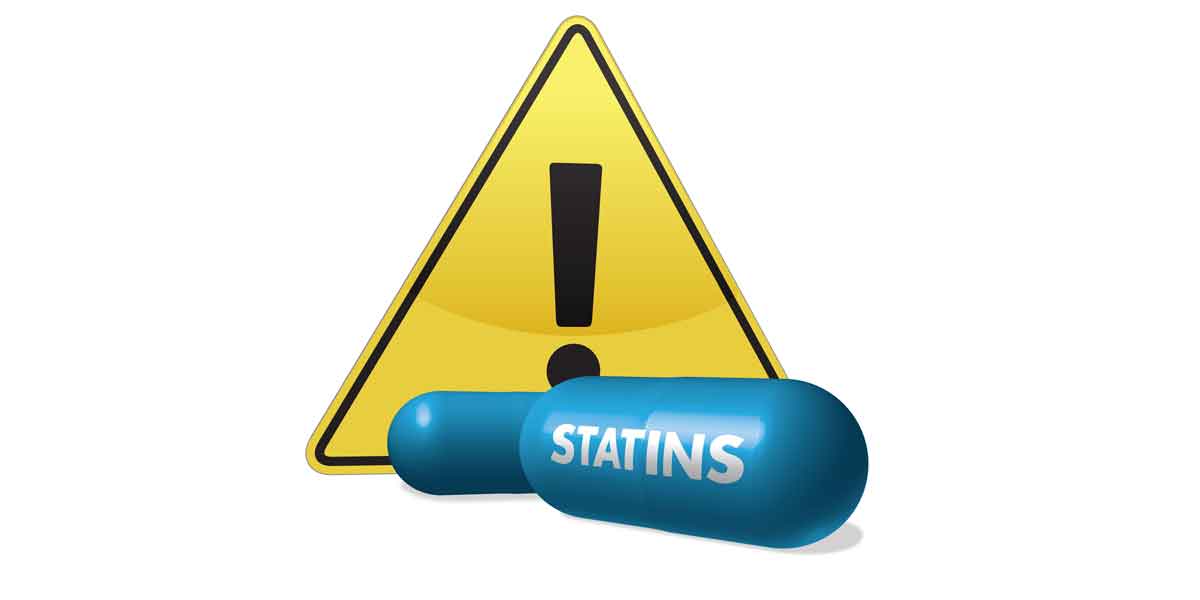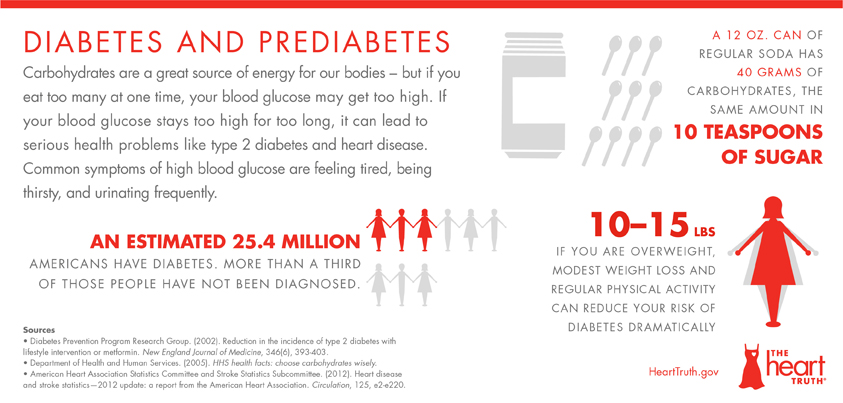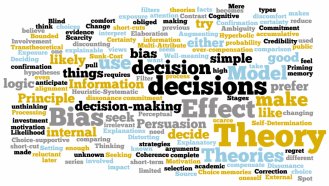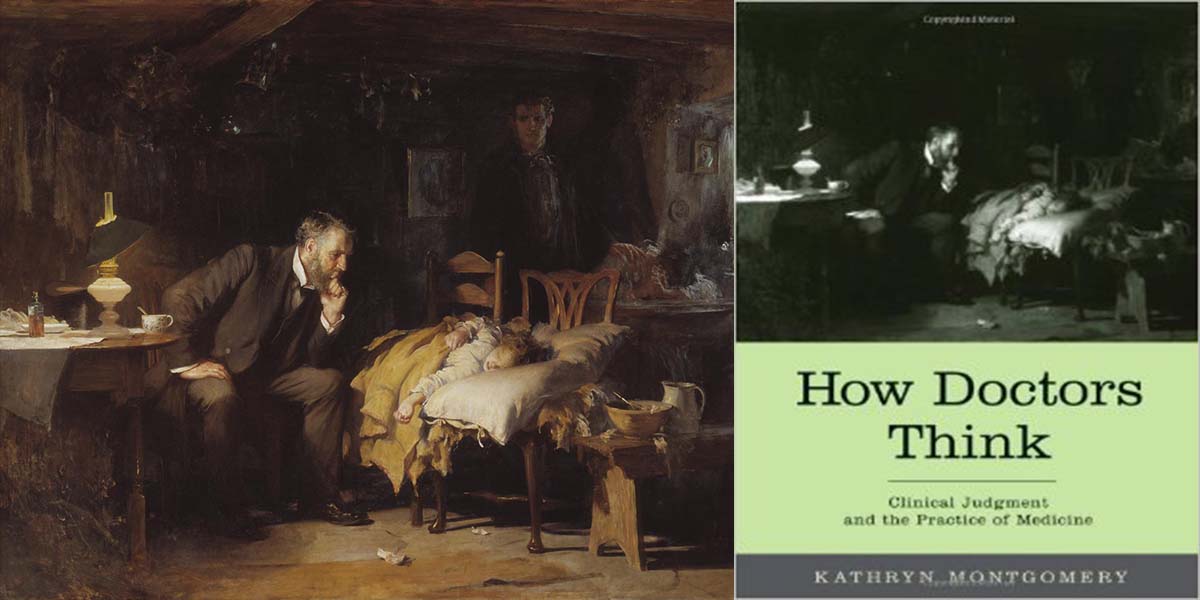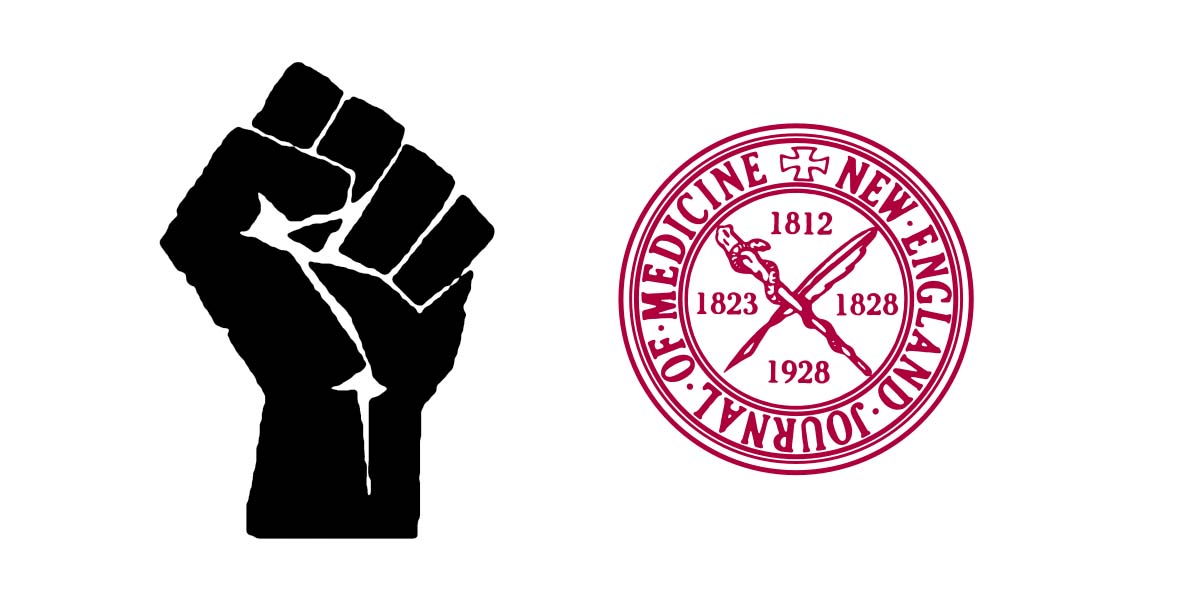If you’ve enjoyed my previous take-downs of evidence-based medicine but can’t let go of your attachment to the randomized controlled trial, this post is for you.
My aim is to show you practical ways you can safely and effectively exercise clinical judgment without recourse to “evidence-based” knowledge, provided you follow simple but fundamental principles of clinical care: circumspection, parsimony, and due respect to patient autonomy.
What’s more, I will make my case against RCTs using examples that EBM apologists have precisely identified as paradigmatic of this “single greatest medical advance.”Continue reading “How I learned to stop worrying and love practicing without EBM”

